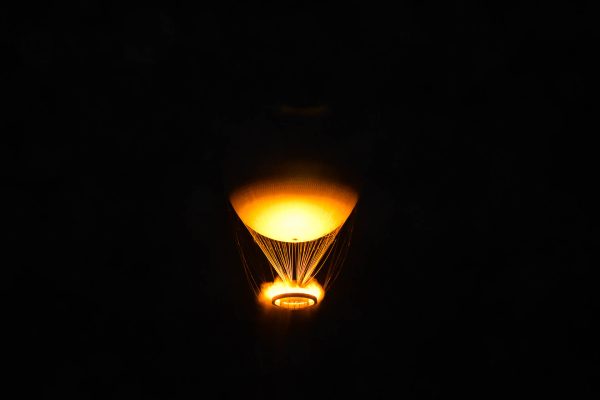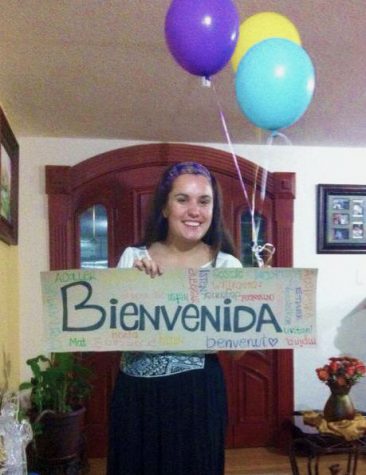DURBAN: Internet at last
I’ve been in South Africa for 12 days, but it feels like I’ve been here for weeks. I left on the 31st from Dallas, Texas, to Atlanta, Ga., and from Georgia I jumped on a 16-hour flight to Johannesburg, South Africa.
Despite my flight to Johannesburg being delayed two and a half hours, I only arrived an hour late to my destination. In the airport I met up with the four other students who had been on my flight and we found our Academic Director and made our way to the monastery where we stayed for several more days.
In all there are 24 students on the School of International Technology (SIT) South Africa: Social and Political Transformation program. Students I’m studying with are from all around the United States, with a few students from outside the U.S..
After a week and a half of orientation during which we visited the Apartheid Museum and Soweto, drove to Durban, checked out the beach, met with our homestay families, began learning Zulu, and went to the Phansi Museum, we’ve finally started classes.
Now that I can finally catch my breath and get a reliable Internet connection, here are some of the adjustments I’ve had to make.
South Africa is hot. Air conditioning isn’t much of a thing here in South Africa. Internet connection is expensive, and most people don’t have it. Water is also expensive. Since I’ve been in Kwazulu-Natal, the province Durban is located in, at my homestay I’ve used a basin of water and a cup to preserve water.
Phone service is confusing; you buy a certain amount of money, not a certain amount of minutes or texts. Another thing to note about cell phones: you have to have documentation to buy a SIM card because of the amount of criminal activity that has occurred through the use of cell phones.
Living in Durban also requires a lot of walking, calling ahead of time for taxis, cramming five to six students in a car with only four seats, and trying to greet people in Zulu as much as possible.
Speaking of Zulu, “sanibona” (which means hello if you’re greeting more than one person)! Greeting people on the street, it’s polite to say “sawubona” (which means hello if you’re greeting one person) and follow with “unjani?” (which means how are you). The appropriate way to reply is “ngisaphila” (meaning you are well).
Although the Zulu people are the majority in Durban, my Indian neighbors would be disappointed if I didn’t mention that the second largest population of Indians, outside of India, resides in Durban, South Africa.
In future posts I’ll be sure to delve into race relations, my experience as a white American woman in South Africa, local government and politics, and all the in-betweens of life here in South Africa. Stay tuned!




